Amidst pushback against girls’ rights and their autonomy, the Human Rights Council adopted by consensus the resolution on the elimination of all forms of discrimination against women and girls with a focus on activism.
The UN Working Group on discrimination against women and girls decided to focus their 2022 annual report on young women and girls’ activism. This was a needed and timely topic as girls around the world are playing crucial roles as human rights defenders and are at the forefront of initiatives aimed at transforming societies, while at the same time, they face unique barriers in participating in decision-making based on historical and deep-rooted structural gender- and age-based discrimination and violence.
By selecting this extremely opportune topic, they ensured that this year’s resolution on the elimination of discrimination against women and girls built on the information and recommendations of the report, thus, advancing girls’ right to participate in political and public life.
At Child Right Connect, we engaged early on in providing input to the Working Group report on the importance of the use of the terminology “girl human rights defenders” and the specific challenges and risks they face. We also encouraged using the report to clarify standards on girls’ civil and political rights, given the lack of standards in this regard; the role of the family and the community in empowering girls to understand and claim their rights; and the need for increased spaces for participation at all levels, including at regional and international levels. We also supported the Working Group in conducting direct consultations with young women and girls by providing technical assistance on how to develop child-friendly materials and child safeguarding procedures and by connecting them to members and partners working with girls.
The Working Group report is an important milestone in clarifying standards and providing recommendations to overcome the challenges and barriers girls face when participating in political and public affairs. The report:
- Reaffirms that girls and young women activists fall within the definition of human rights defenders, regardless of how they identify themselves or are perceived by others, and that they are entitled to all related legal protections, including those outlined in the Declaration on Human Rights Defenders;
- Identifies structural gender- and age-based challenges and barriers to participation in political and public life, as well as legal and administrative obstacles in girls’ exercise of their civil and political rights, and in accessing justice and funding; and
- Looks at States’ obligations and the responsibilities of other actors, such as families and communities, to ensure an enabling environment for girls’ and young women’s activism.
During the 50th session of the Human Rights Council (13 June to 8 July 2022), thanks to the leadership of Mexico, Argentina and Chile, the recurring resolution on the elimination of all forms of discrimination against women and girls was adopted by consensus. Although nine hostile amendments were put forward to weaken the text on issues relating to gender, girl human rights defenders and girl-led organisations, sexual and reproductive rights, safe abortion, and the role of the parents, these were ultimately all rejected. Though Human Rights Council resolutions are not legally binding, they indicate strong political consensus by Member States.
The resolution reaffirms girls’ right to take part in the conduct of public affairs and participate in public life. To this end, the resolution calls upon States to::
- Remove all barriers and address the root causes that prevent the effective participation of women and girls in all fields;
- Develop and support an enabling environment for women and girl human rights defender;
- Adopt the necessary legislation and policy changes to create spaces for girls and young activists to participate, including through formal mechanisms;
- Adopt national laws to support the formation of organisations led by girls to facilitate their participation in policymaking.
- Remove discriminatory barriers to the exercise of girls’ civil and political rights, and provide access to child-friendly information; and
- Establish protection systems to safeguard girl activists and put in place accessible and child-friendly complaint mechanisms, including by facilitating access to applicable international complaint mechanisms.
Going forward, we will seek to maintain the momentum created by the resolution and use its progressive language to push back on recurrent attacks against children’s rights, particularly against girls, which specifically question their right to participate and express their views freely and their rights as human rights defenders.



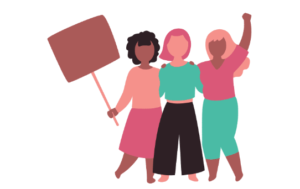
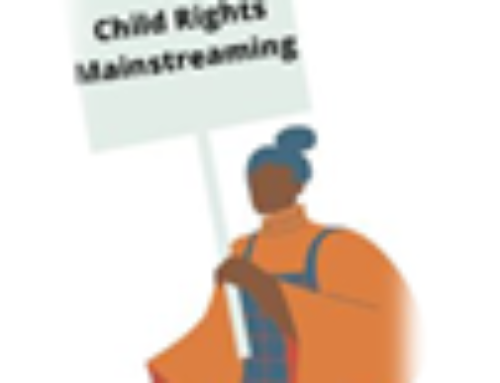
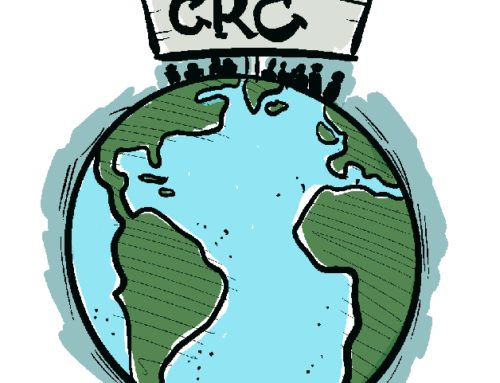

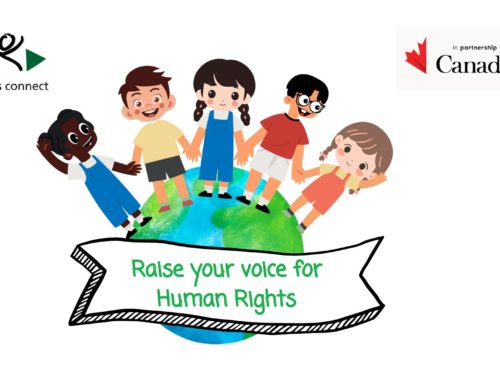

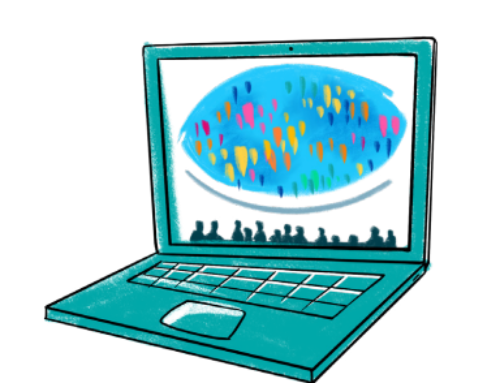

Leave A Comment